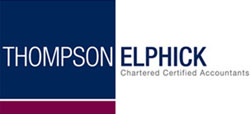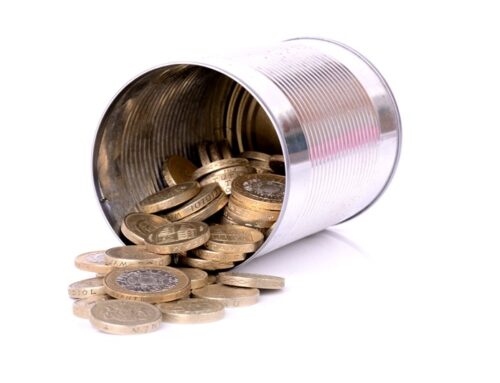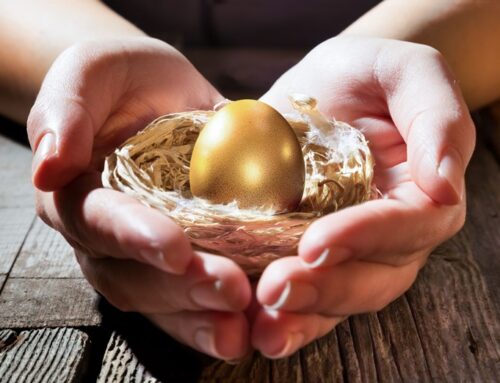Check if HMRC contact is genuine
HMRC’s published guidance titled ‘Check genuine HMRC contact that uses more than one communication method’ has been updated. The list is intended to help taxpayers check if recent contacts purporting to be from HMRC are actually a scam.
The guidance contains a list of emails, phone calls, letters and text messages recently issued by HMRC that are genuine. The list can be useful to help taxpayers decide if a contact is genuine or from a fraudster trying to trick taxpayers into supplying confidential or personal information.
Some of the most recent additions to the list include the following:
- Temporary Customer Compliance Manager service for mid-size businesses. HMRC’s Customer Insight Team will be inviting mid-size businesses and their agents for feedback about the temporary Customer Compliance Manager service. From 1 March 2024 up to and including 31 May 2024 HMRC may contact you by phone or email.
- Tax code notice research. HMRC are working with independent research agency People for Research to recruit participants to gather feedback on communications notifying taxpayers of their tax code. You may have been contacted by email or phone call to take part in the research.
- Cryptoasset research. HMRC are working with independent research agency Ipsos UK to carry out research into the cryptoasset industry. From 2 April 2024 up to and including 31 May 2024 Ipsos UK may contact you by email, letter or phone. Ipsos are carrying out research on behalf of HMRC into the cryptoasset industry. The research aims to understand the behaviours and attitudes of individual owners of cryptoassets and the operation and business models of cryptoasset service providers. You may receive a letter, email or phone call from Ipsos UK asking you to take part in an interview, which will be conducted online or by telephone.
- Impact of Making Tax Digital on Income Tax self-assessment taxpayers. HMRC are working with independent research agency Verian to explore the impact of Making Tax Digital (MTD) on Income Tax self-assessment (ITSA) taxpayers. You may be contacted through email, letter or phone call and asked to take part in a telephone interview or a survey.
Participation in any of these research items is voluntary.
Source:HM Revenue & Customs | 05-05-2024










